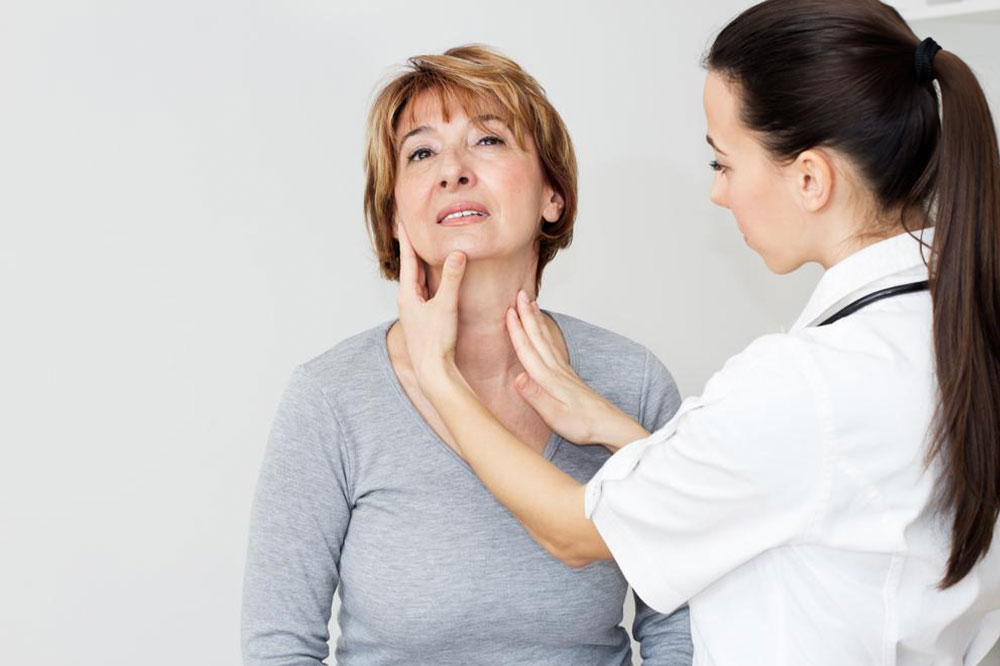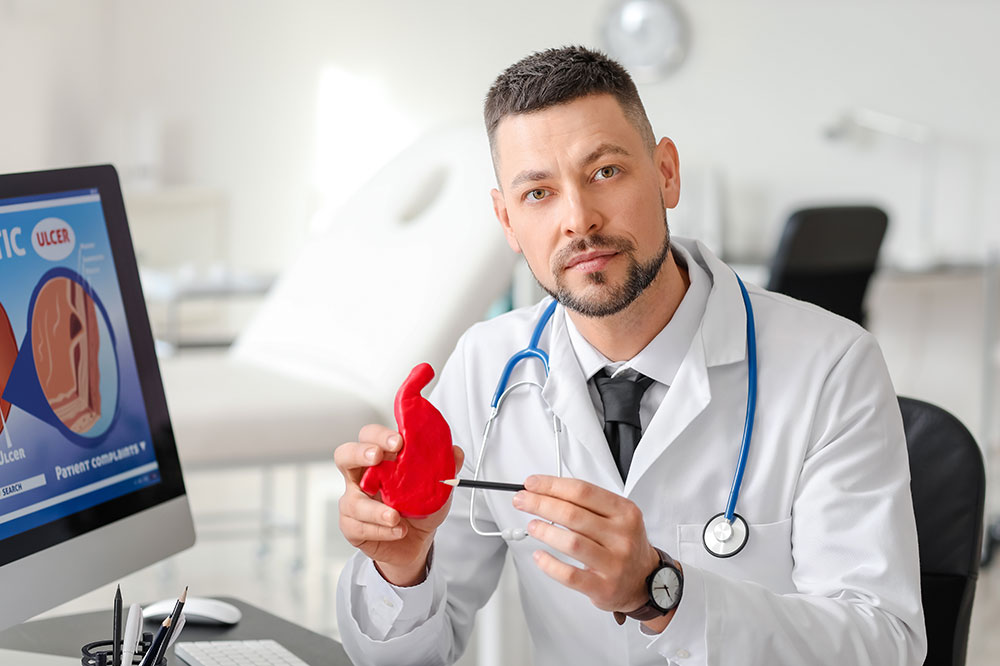8 warning signs of poor blood circulation
Good overall health indicates the presence of a proper lifestyle and the right food choices. Among other things, it also points to proper blood circulation. Poor blood circulation can lead to improper functioning of the organs and body systems. The condition can be caused by damaged or restricted blood vessels and plagued arteries, among other factors. Thus, it is crucial for one to be aware of the various symptoms of poor blood circulation. Cramping The painful cramping of muscles, even after minimal or a regular amount of activity, can be a sign of poor blood supply. The symptom is generally resolved after getting some rest. Numbness and tingling The feeling of numbness or tingling generally occurs in the body’s extremities. This is a sign and a result of poor blood flow to the limbs. If the sensation is chronic, it may also be caused by some underlying condition. Exhaustion and feeling cold A proper blood supply gives the body the energy to carry out organ functions, system activities, etc. It also fuels the maintenance of optimum temperature levels along with energy. If the blood supply to the body is compromised, it may lead to one feeling cold, lethargic, and fatigued.
Read More 









